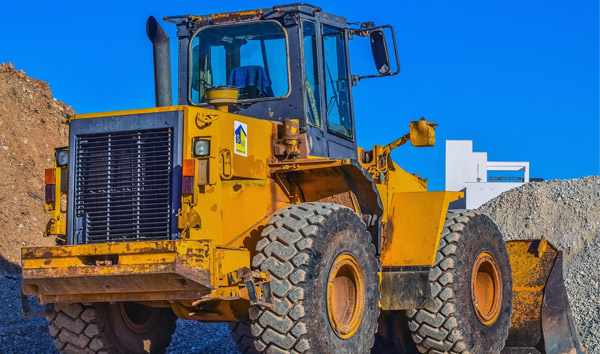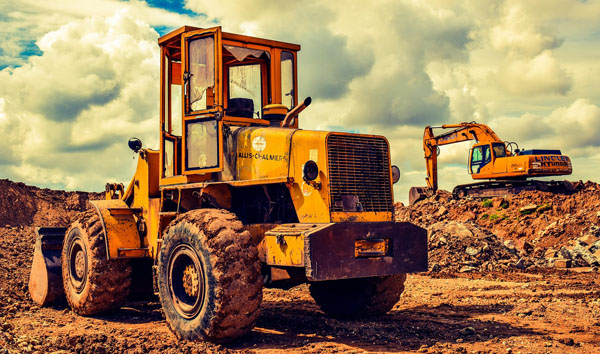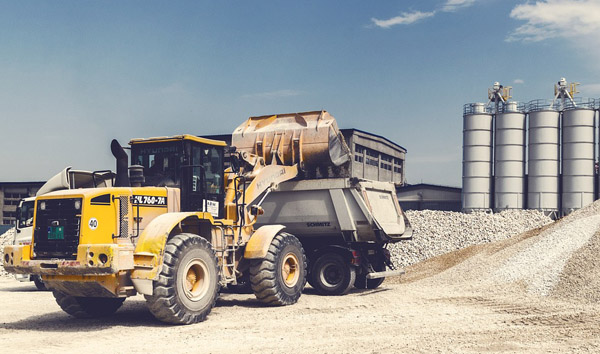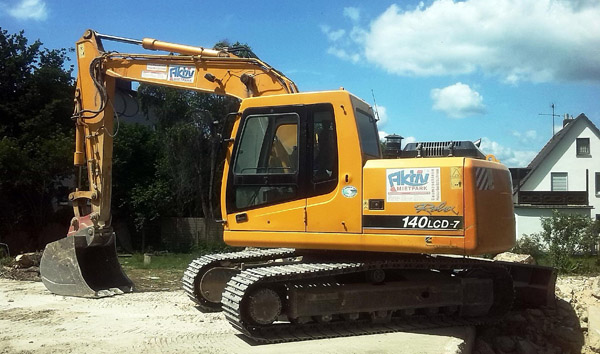The Evolution of Rough Terrain Forklift Tyres (Pneumatic): Performance and Durability Insights
2025-08-14 03:30:25
The demand for Rough Terrain Forklift tyres (pneumatic) has surged in industries such as construction, agriculture, and logistics, where uneven surfaces and heavy loads are common. Unlike solid or cushion tyres, pneumatic variants offer superior shock absorption, reducing operator fatigue and equipment wear. Recent advancements in rubber compounds and tread patterns have further enhanced their grip on loose gravel, mud, and rocky terrains.
One of the key advantages of rough terrain forklift tyres (pneumatic) is their ability to distribute weight evenly, minimizing ground pressure. This feature is critical when operating on soft or unstable surfaces, preventing sinkage and improving stability. Manufacturers now integrate reinforced sidewalls and deep tread designs to resist punctures and cuts, extending tyre lifespan even in abrasive environments.
Industry data indicates a 12% annual growth in the adoption of rough terrain forklift tyres (pneumatic), driven by the expansion of infrastructure projects and warehousing operations. Leading brands have introduced hybrid models that combine the durability of solid tyres with the flexibility of pneumatic systems, catering to diverse operational needs. These tyres are rigorously tested for load capacity, with some models supporting up to 15,000 lbs without compromising maneuverability.
In conclusion, rough terrain forklift tyres (pneumatic) remain indispensable for outdoor material handling. Their continuous innovation ensures reliability across challenging landscapes, making them a preferred choice for industries prioritizing efficiency and safety. Future developments may focus on eco-friendly materials and smart tyre technologies for real-time performance monitoring.













